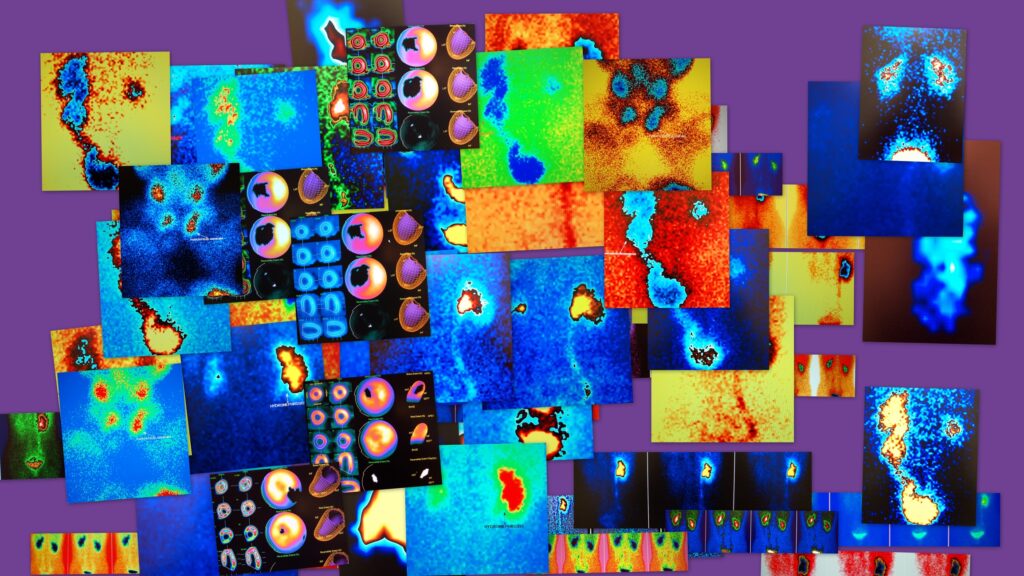Summary: Mental health services are under growing pressure to deliver effective care while managing heavy administrative demands. Artificial intelligence is emerging as a critical tool for modern practices, enabling clinicians to streamline workflows, strengthen client relationships, and expand access to services. From automated note-taking to intelligent scheduling and early detection of mental health risks, AI is changing how practices operate. This article examines how these innovations are transforming mental health practice management, the benefits they provide, and the challenges that must be addressed to ensure their safe and ethical implementation.
Keywords: artificial intelligence, mental health, practice management, clinical efficiency, early detection, digital therapy
Reducing Administrative Pressure with AI
Administrative responsibilities can consume a significant portion of a clinician’s working day, leaving less time for direct client engagement. AI-based tools that transcribe and summarise therapy sessions are helping to reclaim this time. By converting spoken dialogue into structured notes, generating summaries, and integrating records directly into patient management systems, these tools allow practitioners to focus on listening and responding to clients rather than typing and paperwork. The impact extends not only to efficiency but also to the quality of the therapeutic exchange, as eye contact and attentiveness are consistently maintained throughout sessions.
Streamlining Scheduling and Billing
Efficient scheduling is central to maintaining consistent care and reducing no-shows. AI scheduling assistants can now manage appointment bookings, send timely reminders, and adapt to last-minute changes. These systems can learn from a practice’s history to predict peak demand periods and offer optimal booking options. Billing can also be automated, with AI verifying insurance details, generating invoices, and flagging potential errors before they cause payment delays. Together, these functions create smoother operational flows and reduce the administrative burden on both practitioners and support staff.
AI in Client Communication and Engagement
Engagement between sessions is essential for ongoing therapeutic success. AI-powered messaging systems and virtual assistants are enabling secure communication channels that help clients feel supported outside of scheduled appointments. These systems can deliver personalised prompts, self-care reminders, and guided exercises tailored to a client’s progress and treatment goals. By maintaining an active therapeutic connection between visits, practices can improve adherence to treatment plans and enhance overall client outcomes.
Early Detection and Risk Assessment
One of the most promising applications of AI in mental health is the capacity to detect early signs of psychological distress or crisis. By analysing language use, tone of voice, behavioural data, or patterns in digital interaction, AI systems can highlight subtle indicators that a human clinician might not notice immediately. When implemented responsibly, this capability can prompt earlier intervention, which may prevent escalation and reduce the risk of severe mental health episodes. However, these tools must be used with caution, ensuring that alerts are interpreted within the context of professional clinical judgement.
Clinical Decision Support
Beyond operational assistance, AI can support clinicians in decision-making by analysing large volumes of clinical data to suggest possible treatment options. These systems can compare an individual’s presentation with thousands of documented cases, offering evidence-based recommendations for therapy approaches or medication management. While the final decision must always rest with the human clinician, AI can serve as a valuable resource for identifying less obvious options, particularly in complex cases where symptoms overlap or progress in unexpected ways.
Ethical and Practical Considerations
The integration of AI into mental health care raises important ethical questions. Maintaining client trust requires full transparency about when and how AI is used. Data security is another essential concern, as sensitive mental health records must be safeguarded against unauthorised access. There is also the risk of over-reliance on AI, which could lead to decisions being made without adequate human oversight. For AI to be a constructive partner in mental health practice, clinicians must remain actively involved in every stage of assessment, planning, and intervention. Training and ongoing evaluation of AI systems are necessary to ensure accuracy, fairness, and cultural sensitivity in their outputs.
Conclusion
AI is offering mental health practitioners a unique opportunity to transform the way they manage their work. By automating repetitive tasks, enhancing client engagement, and facilitating early intervention, these technologies can enable clinicians to focus more on the human aspects of therapy. However, the benefits can only be realised if AI is introduced thoughtfully, with strong safeguards and a clear understanding that it is a tool to enhance—not replace—the expertise and empathy of trained professionals. The most successful practices will be those that embrace innovation while holding firmly to the values that define effective mental health care.
Disclaimer
The information contained in this article is provided for general informational purposes only and is not intended to replace professional clinical judgement, diagnosis, or treatment. The discussion of artificial intelligence technologies reflects current trends and developments as of the publication date and should not be interpreted as an endorsement of any specific product, service, or methodology. Mental health practitioners should independently assess the suitability, accuracy, and safety of any AI-based tool before integrating it into practice, taking into account applicable laws, regulations, and professional guidelines. Clients or patients should always seek advice from qualified mental health professionals regarding any concerns about their care. Open MedScience accepts no liability for any loss, damage, or adverse outcome arising from reliance on the information provided herein.




